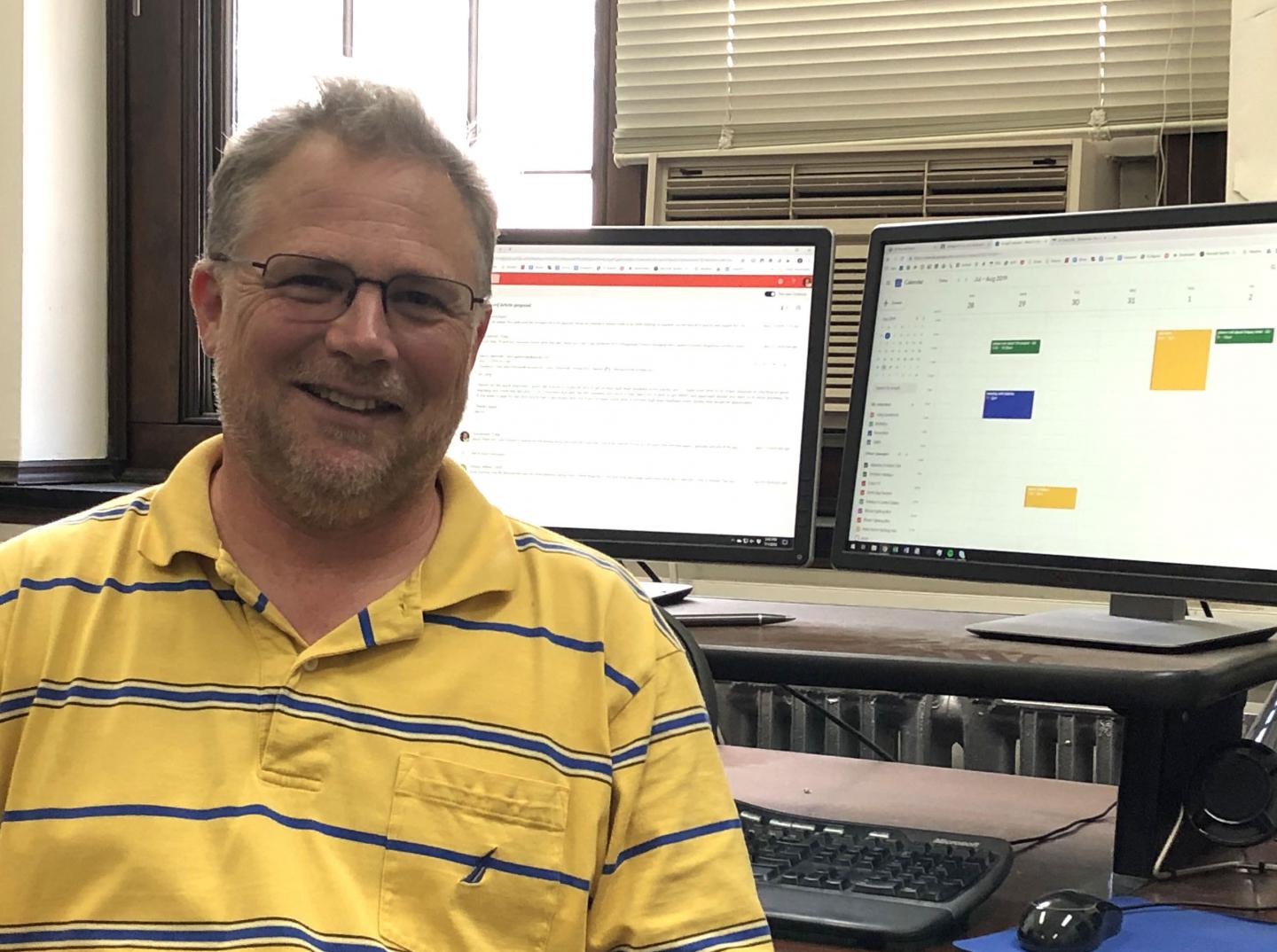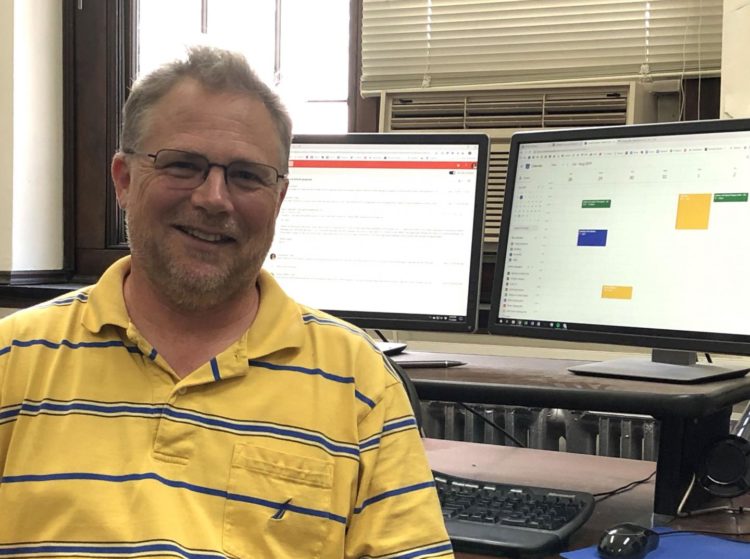
Credit: Marianne Stein
URBANA, Ill. – An international research team has received a $1.4 million grant from the Australian National Health and Medical Research Council to investigate food availability and food security among indigenous mothers and children in remote Australian communities.
Australia is one of the few high-income countries, along with the U.S., with a large indigenous population that is at risk for food insecurity and related health issues, says Craig Gundersen, professor of agricultural and consumer economics at the University of Illinois. Gundersen is a co-investigator on the project, which is led by Megan Ferguson from the University of Queensland, Australia.
The project focuses on two populations: Aboriginal communities in Central Australia and Torres Strait Islanders, living on remote islands off the coast of Queensland.
It was developed in cooperation with the Aboriginal Community Controlled Health Services, with input from health care staff and academics from the indigenous populations.
The project focuses on four communities that are located in very remote areas, where the nearest large city may be hundreds of miles away, Gundersen says. About 30% of indigenous people in these areas are food insecure, which leads to malnutrition and disease. A combination of low income and high food prices make it difficult to purchase healthy food, and mothers and young children are especially at risk.
“We’re studying ways to get more healthy foods into these very remote areas and encourage people to eat healthier diets,” Gundersen explains.
The first phase of the project will investigate how food price subsidies can improve access to healthier food for mothers and young children. Participants will be provided with discount cards that unlock lower prices on a range of healthy foods at local stores. Subsequently, the quantity and quality of their diets, as well as their level of food security, will be evaluated through questionnaires.
“We are exploring different ways to ascertain what happens to people’s food consumption habits after new pricing strategies are used to bring food into these areas,” Gundersen says.
The second phase of the study will focus on strategies to promote healthier food choices and influence policy interventions. People in the local communities will be invited to take photos and share stories about food. The photos and stories will be organized and presented to local communities and policy makers.
###
The project “Giving Aboriginal and Torres Strait Islander children the best start in life: improving healthy food affordability and food security,” received funding for AU$2.1 million ($1.4 million) from the Australian National Health and Medical Research Council. It includes researchers from Australia, Canada, and the U.S.
Craig Gundersen is a distinguished professor in the Department of Agricultural and Consumer Economics, College of Agricultural, Consumer and Environmental Sciences, University of Illinois.
Media Contact
Marianne Stein
[email protected]
217-244-2313
Original Source
https:/





